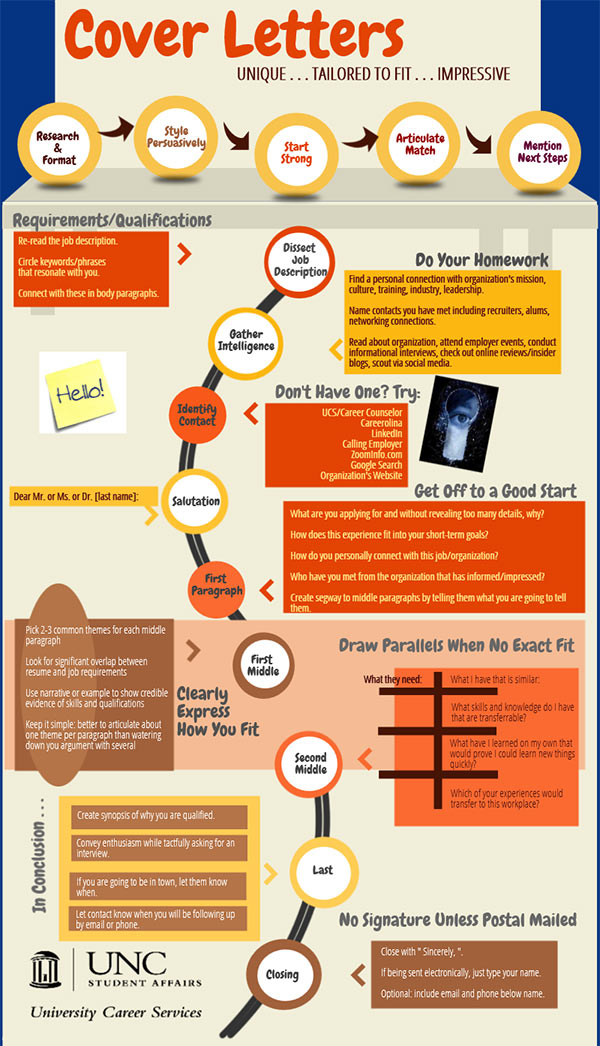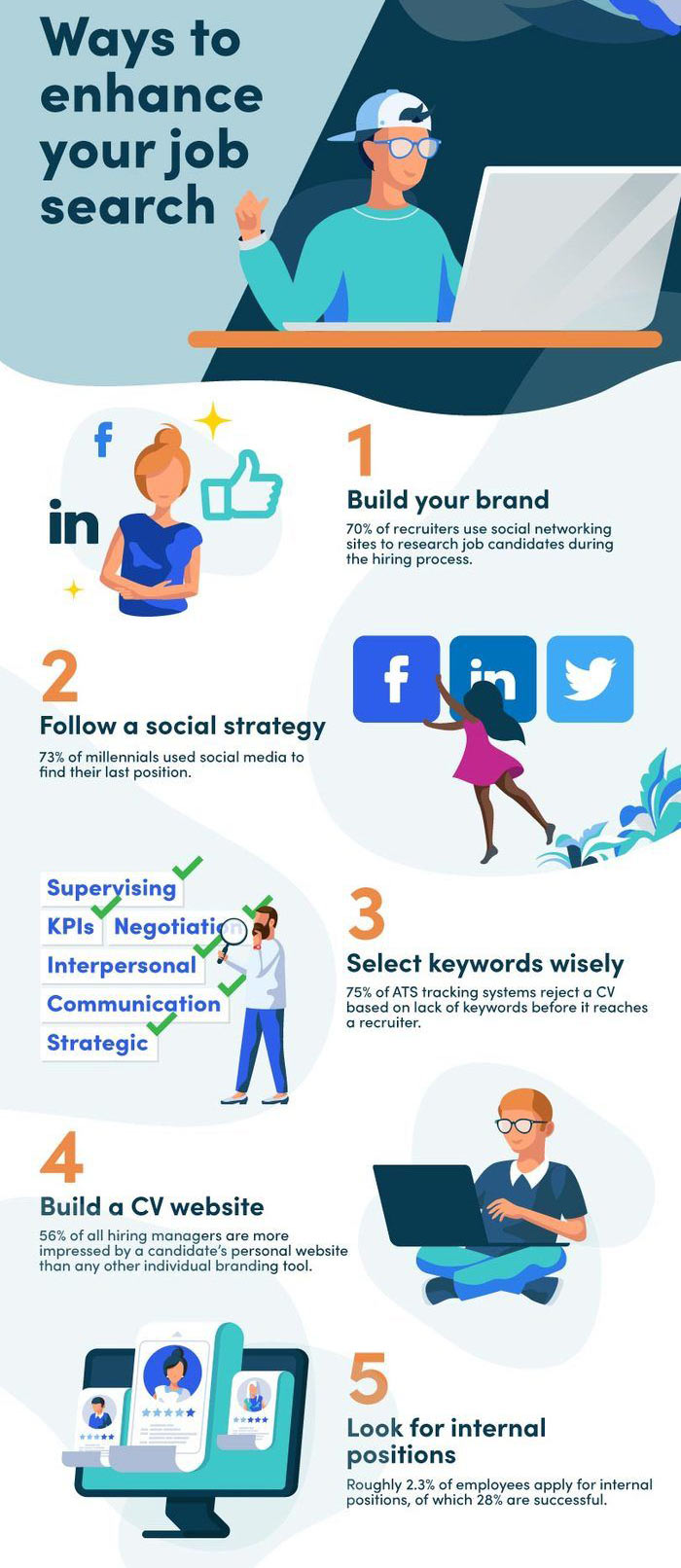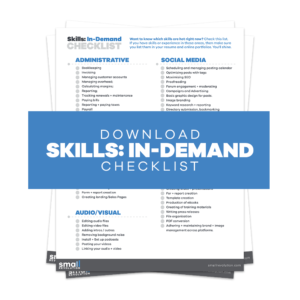You’ve heard about the benefits of working from home, and you can’t wait to join the bandwagon.
You can already picture how peaceful and tranquil your life will be if you get the chance to work from your living room.

You certainly won’t miss the endless office politics, navigating the traffic gridlock every morning, or the self-appointed office fashionista.
And so, you hit the online job boards, applying for any remote position that affords you a chance to work from home.
You cross your fingers and hope Lady Luck will smile on you, so one of your applications will go through and you can start working in your jammies.
Much to your surprise, none of your applications elicits a response, not even a regret.
At this point, you shouldn’t double down and send out more applications. Nor should you give up all hopes of working from home.
See, searching for an online job takes strategy, without which, you’re saddled with dismal results.
If no one is biting, it’s time to rethink and reevaluate your job search strategy. You might find that you’re breaking a few cardinal rules, which can explain the poor results.
Making the following mistakes can lead you to search for an online job in futility or cause you to settle for some lowly unfulfilling positions.
1. You’re Using Generic Resumes
Using a one-size-fits-all resume is a sure way to get your application ignored at the first stage.
Companies employ Applicant Tracking Software to filter applications and avoid burdening their hiring managers.
This technology scans each application for specific keywords and key phrases to weed out resumes that aren’t focused and optimized for these keywords.
In most cases, generic resumes and cover letters are riddled with buzzwords such as team player, self-driven, and works well under pressure. These are meaningless phrases that don’t sell your candidature.
To impress the hiring manager and get on the shortlist, you must tailor each resume to the job you’re pursuing.
Match your skills to the job requirements and highlight the relevant qualifications and experience.
Be sure to use specific keywords from the job description and match the tone the company uses on the advert and its website.

Dig deep into the hiring company’s website to get a granular feel of their values, products, corporate culture, and work ethics.
You need to demonstrate that you ‘get’ the employer in your cover letter.
Follow the five rules of writing a winning resume to let your application shine and sparkle:
- Use a headline
- Leave a lot of white space
- List your top skills at the top
- Lead with your job titles and dates
- Skip the fancy fonts
2. You’re Overqualified for the Role
Recruiters find that two things happen when they hire an overqualified candidate:
- Their salary expectations are higher than the set budget.
- They tend to jump ship as soon as something better comes along.
Either way, the employer gets a raw deal and it forces them to ignore such applicants.
Luckily, there are various ways to walk around to such obstacles during your job search.
- Only articulate the skills relevant to the position and hold back the high-level ones.
- Create a functional resume that emphasizes the relevant skills and downplays the overly impressive roles.
- Demonstrate a thorough understanding of the company and build your skills and qualifications around their needs.
- Articulate in your cover letter how your extra skills make you an asset to the company.
- If switching careers, make it clear in the cover letter and explain the reasons behind the move.
- Explain what’s drawing you to the company and why you’re okay taking a step back in your career to come on board.
These pointers might persuade the recruiter to give you a shot, but that’s only half the battle.
You must upscale your skills to keep up with the fast-paced work environment you’re looking to join.
Research the kind of technology used in the industry, the sort of projects you’ll undertake, and the skills necessary to execute them.
Acquire new skills and bridge any gaps and shortcomings you uncover during your research.
Remember, employers are looking to onboard skilled workers who can help them solve pressing problems for their business.
You must prove to them that you’ll be a valuable addition to their company to make the shortlist.
3. You’re Underqualified for the Role
Ideally, you should avoid applying for roles that are above your skillset, as it only results in a pile of rejection letters.
On-the-job training is quite expensive, and many companies tend to hire qualified individuals right off the bat.
A surge in remote workers plays to the hiring company’s advantage, as it lets them overcome geographical limitations and onboard top talents from across the world.
However, that doesn’t mean you should give up on working for your dream company if your skills aren’t up to snuff yet.
You need to rethink your approach to the job search because mass mailing job applications and hoping for the best won’t cut it.
In addition to studying the requirements for the role you desire, reach out to the people working in a similar capacity in your dream company.
The key here is not to ask them to hook you up with a job but to pick their brain for what it takes to get noticed by the hiring managers.
You can reach out to and connect with employees working for these companies through professional platforms such as LinkedIn.
Since you’re not asking for a favor or a job, these people are likely to open up to you and can offer great insights into what it takes to secure employment there.
In some instances, they might introduce you to someone else in the company who can point you in the right direction.
As you interact with these people, be sure to let your personality, enthusiasm, and aptitude shine through.
Hiring managers prioritize personability, aptitude, and experience, in that order, when assessing a potential employee.
If you can prove to them that you’d be a joy to have around and can grasp new skills quickly, they might be open to giving you a chance to work for them.
That said, you take stock of your shortcomings and make an effort to acquire the necessary skills and knowledge.
The internet provides you with an opportunity to learn just about any skill or subject of your choosing.
You can have your pick from various free courses, open university courses, and paid courses from thought leaders.
4. You Lack a Job Search Strategy
Most people assume a rather simplistic approach when hunting for a job.
That entails scouring various job boards and mailing in their applications.
Unfortunately, this strategy rarely works because it pitches you against thousands of other applicants responding to the same ad.
You must ditch this cookie-cutter job search method in favor of a more proactive approach if you’re to secure that coveted remote position.
A concerted job search strategy lets you uncover hidden job opportunities with little or no competition.
The first step is to grow a network of professionals in your field of interest.
You can start by reaching out to professionals and thought leaders in your chosen sector and initiating a compelling conversation.
Networking is crucial to your job search success because it clues you in on hidden jobs, referrals, and informational interviews.
Networking lets you build relationships with people who work for your target companies or who have your dream job.
LinkedIn is an excellent platform to connect with such people and build your network.
Attending job fairs also bolsters your chances of getting hired by your dream company.

Job fairs allow companies to grow their brand presence and pre-screen potential employees.
Making a personal connection with such employers increases the likelihood of making the shortlist and landing an interview with them.
A job fair lets you do more than drop off your resume, as it allows you to initiate a conversation with recruiters and hiring managers.
Just make sure to come prepared with a winning elevator pitch. This is a quick summary that touches on your skills and experience and what you can do for the company.
These key figures might provide you with insights into their hiring criteria and interviewing process.
You can then use this information to build yourself up into an ideal candidate for the position you’re seeking.
Mold Yourself Into a Valuable Remote Worker
Employers are keen to fill their ranks with skilled workers to help them achieve their business goals.
However, they take exceptional measures to weed out unsuitable applicants, and this makes the search for a remote position tedious and frustrating.
Following the information provided here can help you cut the chase and land a coveted position with your dream employer.
That said, you must prove to the potential employer that you have what it takes to get the job done quickly and efficiently.
That calls on you to build and hone the necessary skills to the highest level.
Luckily, specialist training companies such as Small Revolution are on hand to equip you with the skills that will forge you into a valuable remote employee.
Enrolling in these self-paced courses led by a seasoned expert will arm you with the necessary skills to skyrocket job prospects, whether you’re looking for an office job or a remote position.
Photo by Pressfoto / CC BY


